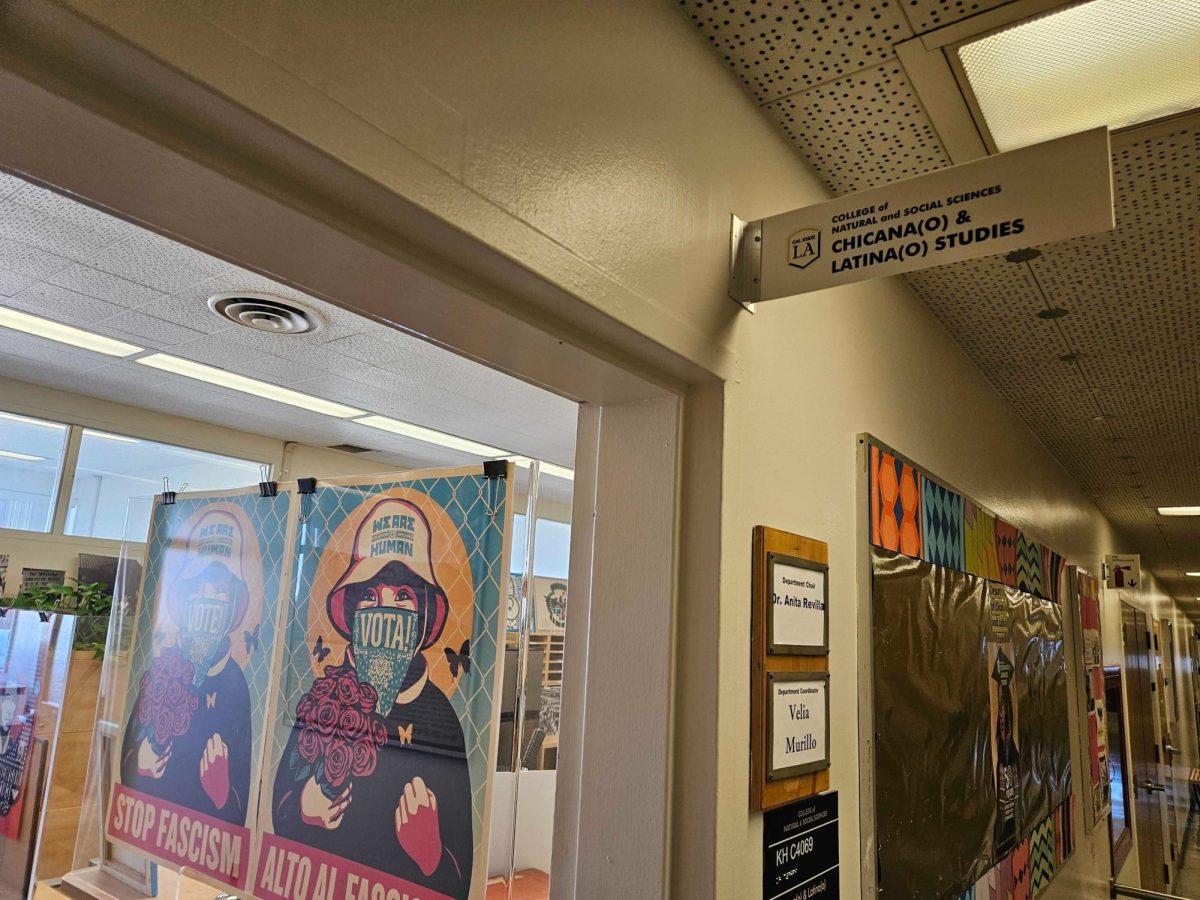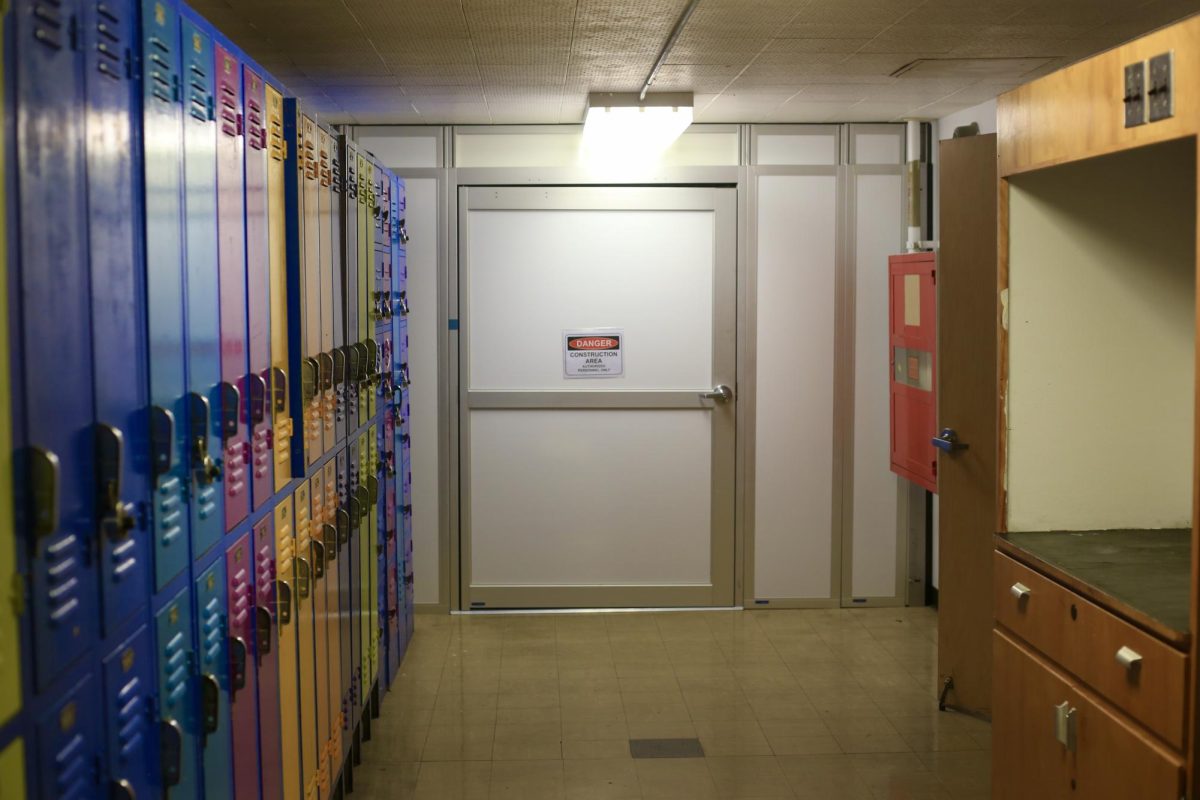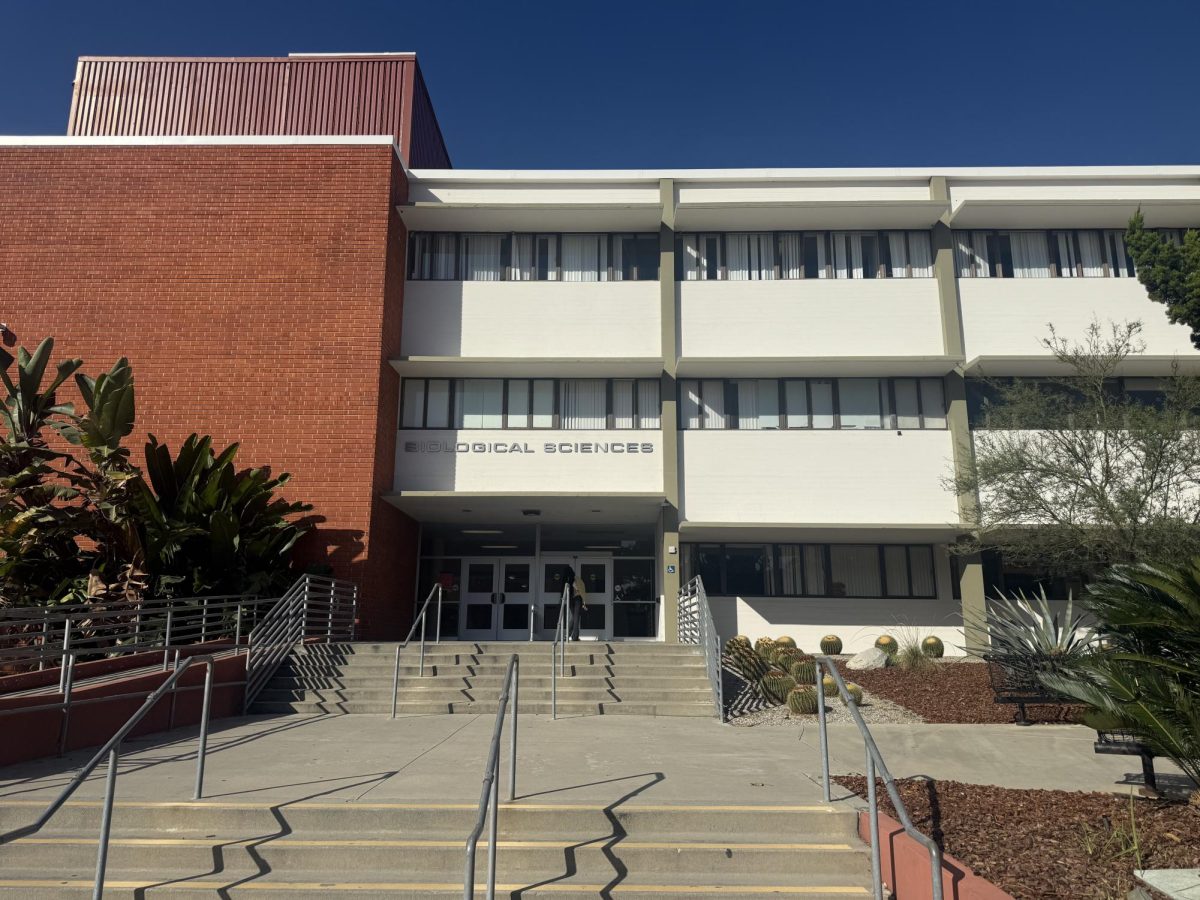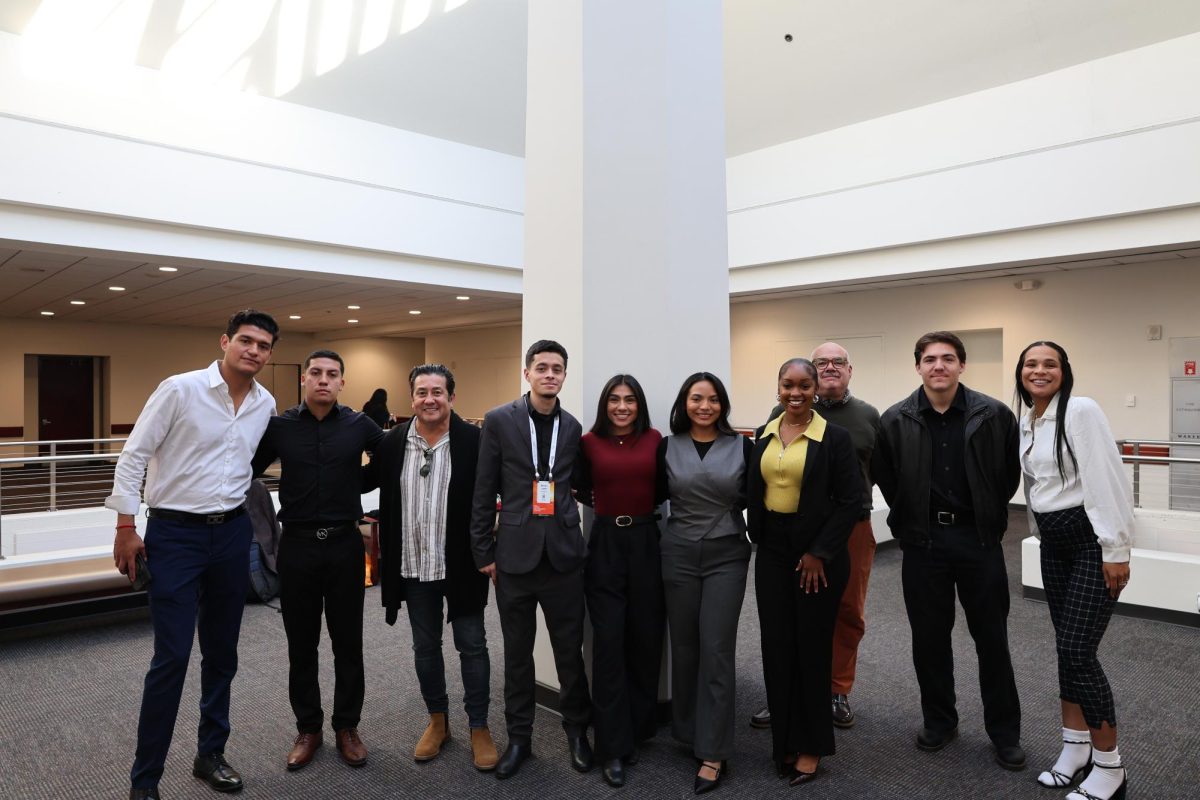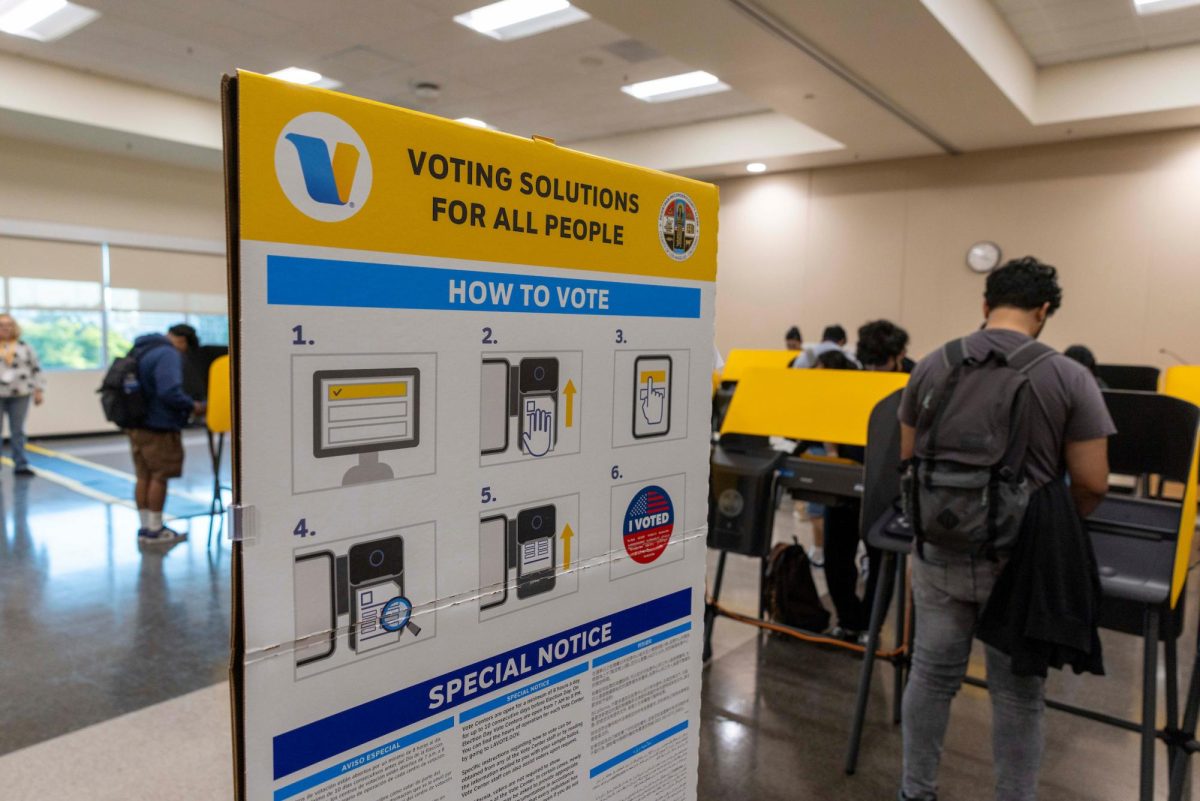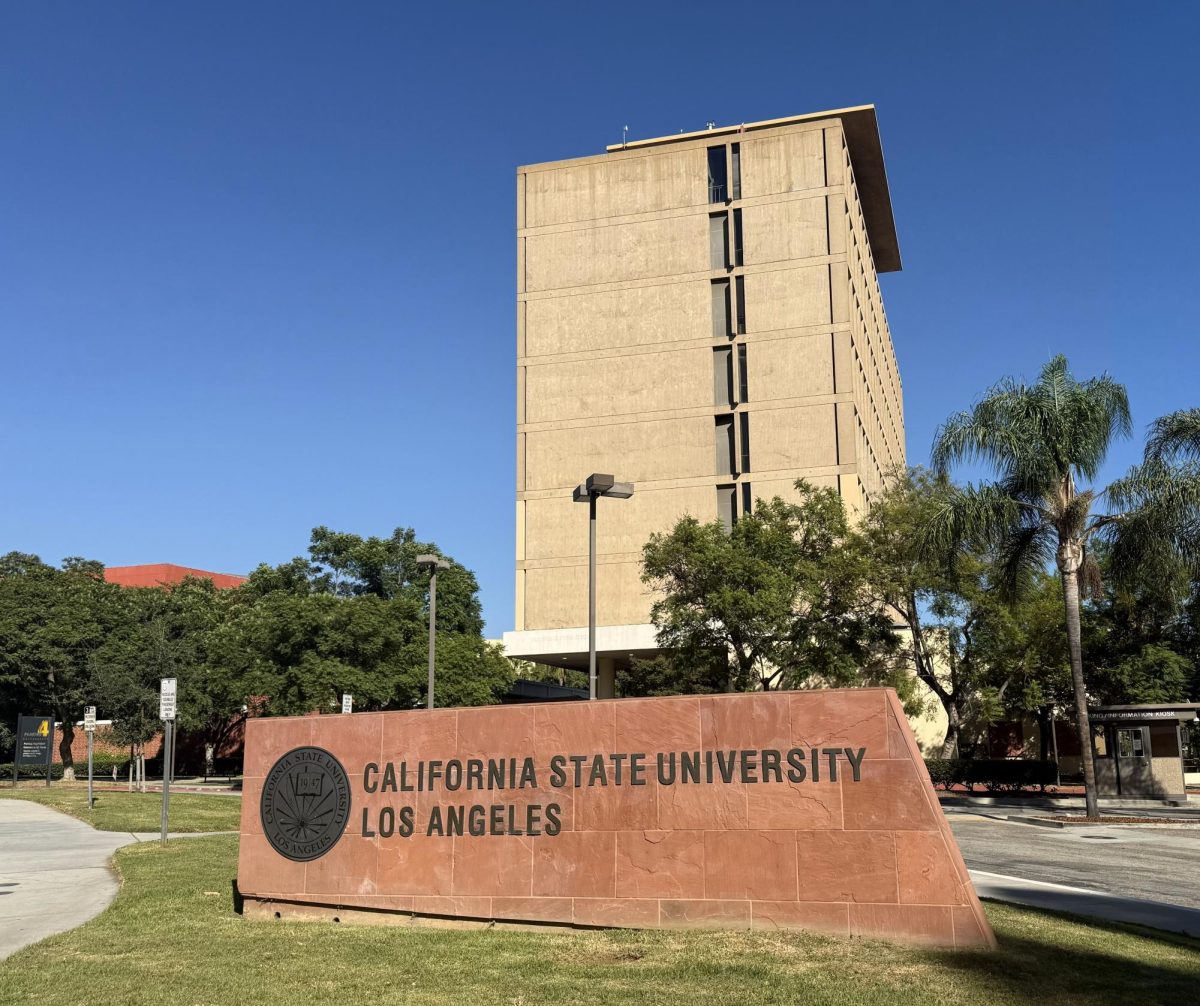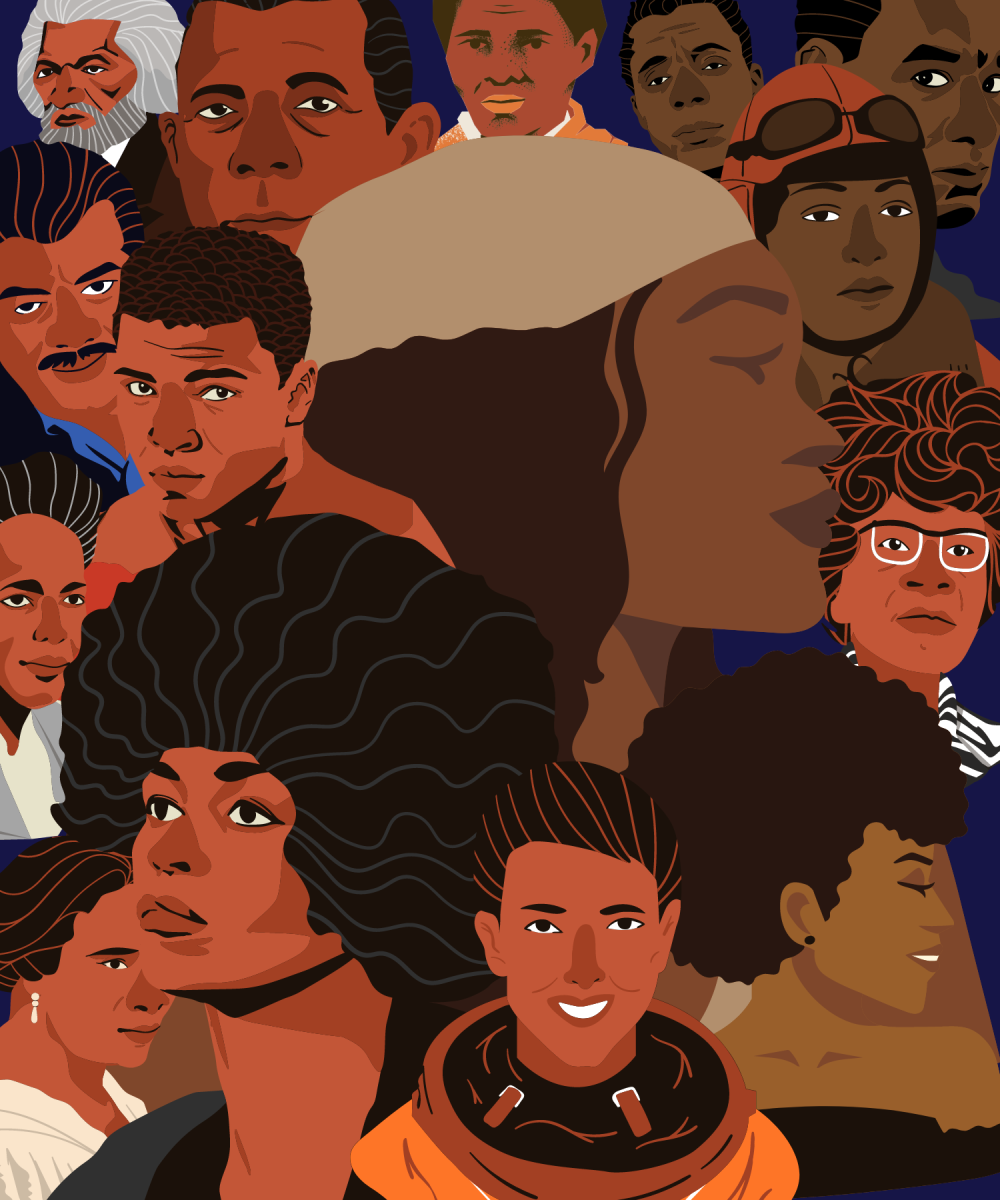After witnessing the sacrifices her parents made to raise a family in one of the country’s most costly places to live, psychology major Michelle Espinoza knew that she had to hit the books and see her educational journey through. Neither her mom nor dad completed middle school and stretching to make ends meet wasn’t something they wanted for her.
“My mom wanted me to jump straight into college [after high school] because she didn’t have that chance and wanted me to build a career,” Espinoza said. “Once I was accepted to the colleges I applied to, she was like ‘You have to take this opportunity.’ My brother graduated from [Cal State LA] last year with a psychology degree and he would show me his lecture notes and talk to me about it and I thought it seemed interesting.”
On Sept. 29, Cal State LA received the prestigious Seal of Excelencia from research and data nonprofit Excelencia in Education for intentionally serving Latino students and demonstrating positive student outcomes. The university is one of only nine institutions to receive the award this year, according to administrator-run publication, Cal State LA Newsroom.
In 1947, when the foundation of what would become Cal State LA was formed, the school was called Los Angeles State College and had only 225 attendees hailing from different parts of the country as well as Mexico, Canada and Iran.
Today, Latinos are the predominant ethnic group at Cal State LA, with 18,440 enrolled as of Fall 2023, accounting for 75% of the campus’ total population. That means the university has almost triple the requirements of a federally designated Hispanic-Serving Institution (HSI), which requires 25% Latino enrollment.
As the campus is an epicenter of historically-Latino neighborhoods, including East L.A., El Sereno and Boyle Heights, it’s understandable why Cal State LA would turn out such high Latino enrollment. The Seal of Excelencia has been offered by the nonprofit since 2018 and is awarded for more than just enrollment. The acknowledgement focuses on representation, financial support and degree completion.
Second year student Marvin Aguillon is grateful that his older brother had a college experience and was able to motivate him past the struggles and self-doubt of knocking out a degree.
“It was such a huge difference going from high school to university because in high school the teachers tell you what you need to do, while at a university it’s all on you,” Aguillon said. “The responsibility shift was a huge adjustment for me. Luckily, my older brother helps me when I have questions so that makes a difference on my understanding of college compared to if I didn’t have anyone to ask.”
Mentorship is something especially important when pursuing a degree and can be a make or break for some college students.
Forty-nine percent of all Latinos enrolled at a four-year institution will drop out before completing their degree compared to 37% of non-Hispanic Whites, according to nonprofit Postsecondary National Policy Institute. This daunting statistic could be especially prevalent for first-generation college students who haven’t been guided by a parent who can speak from experience and provide advice to their children on how to navigate schooling compared to someone whose parents attended a university.
In early adult life, four years of commitment to schooling can be challenging when financial obligations get in the way and bills start to pile up.
“A part of me felt like I should probably take a break from college or drop my classes entirely so I could get a job and help my parents financially,” Espinoza said.
After reconsidering stepping away from something she’s passionate about, Epinoza decided against dropping her classes and committed to the remaining two and half years between her and a psychology degree.
Cal State LA Interim President Leroy M. Morishita echoed the university’s commitment to serving its Latino students.
“Cal State LA is honored to receive the Seal of Excelencia,” Morishita said in a statement to Cal State LA Newsroom. “This certification affirms and confirms our university’s deep commitment to Latino student success. We will continue to be a university where Latino students thrive, and we will continue to graduate students who achieve the lives and careers they imagined.”

